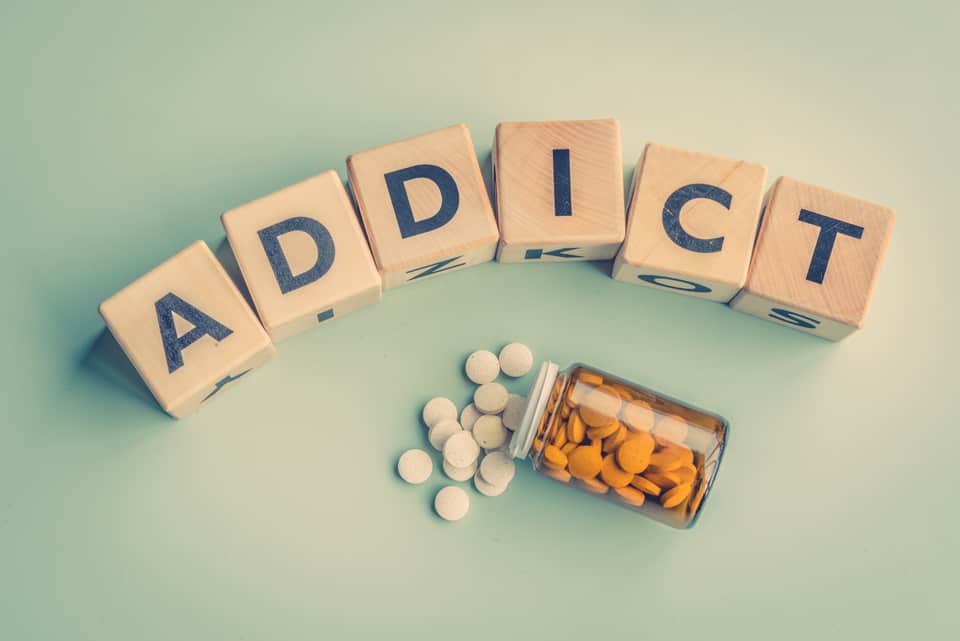With thousands of American households affected by drug and alcohol dependency on a daily basis, many are left asking: is addiction ever a choice, or is it a disorder needing mental and pharmacological treatment? Despite the last several decades of research, many people continue to think of addiction as a conscious and willful choice rather than the result of biological and mental processes. This is an unfortunate reality since research has shown time and again that addiction is a mental disorder, largely outside of one’s control. To better understand the question of whether or not addiction is a personal choice, this post examines the most relevant research. Taken all together, this scientific research soundly disproves the view that drug and alcohol addiction is a choice. Instead, research shows that addiction is the result of a mental disorder and that those suffering from addiction often need professional help in order to overcome its effects.
The Main Question: Is Addiction a Choice?
The only point at which drug or alcohol use is a personal choice for those already predisposed to addiction is the very first use. Even this cannot be boiled down to such a simple, dichotomous choice. Lifestyle choices, as well as life circumstances, often affect the likelihood of drug experimentation or alcohol abuse. No one ever intends to become addicted to drugs or alcohol, and really the only thing separating a casual user from an addict is the mental disorder itself. In short, even if the very first instance of drug use or alcohol consumption is a conscious choice, addiction itself is not. Instead, addiction is a chronic, relapsing brain disease that involves the compulsive use of drugs or alcohol.
“Choices do not happen without a brain – it is the mechanism of choice. The quality of a person’s choices depends on the health of that mechanism. However much we may wish that a person’s choices were free in all instances, it is simply a fact that an addicted person’s failures in the realm of choice are the product of a brain that has become greatly compromised. Once addiction takes hold, there is greatly diminished capacity, on one’s own, to stop using. This is why psychiatry recognizes addiction as a disease of the rain, and why professional intervention is needed to treat it in most instances.”
~ Dr. Nora Volkow
In this way, addiction itself is never a choice. For those addicted to drugs or alcohol, the inability to abstain from substances and various behaviors is not a choice. The American Psychiatric Association, the National Institute on Drug Abuse, and literally dozens of scientific journals have come to this same conclusion: addiction ought to be treated like any other disease. Even overcoming the immediate effects of addiction often involves cycles of relapses and periods of remission. Recognizing this fact does not give you license to continue in drug or alcohol abuse: it gives you the freedom to accept the things you cannot change and the power to change the things you can.
Choosing Recovery Over Addiction
Even though addiction itself is not a choice, overcoming the effects it has on your life is. But that does not mean you have to go through it alone. Many of those who are addicted want to quit using drugs or abusing alcohol and get frustrated when sheer willpower alone does not seem sufficient. The power of addiction is two-fold. First, addiction can be difficult to overcome on your own because it actually causes physical changes in your brain. Extended drug or alcohol abuse essentially leads to a physical need for the substance. This is what results in both cravings and withdrawal symptoms. For those who have suffered from addiction for a long period of time, quitting cold turkey cannot only be difficult, but also downright dangerous. The other powerful aspect of addiction is the existence of outside triggers – people, places, events, and even feelings associated with drug or alcohol use. Getting professional help can be the key to overcoming both of these powerful aspects of addiction and aid you in choosing recovery over addiction. Inpatient and outpatient addiction recovery programs alike focus on overcoming the initial stages of withdrawal in a safe environment and developing the tools to face the triggers that are sure come later on. The main question asked here is whether or not addiction is ever a choice. The vast majority of experts state unequivocally that it is not. If you have any follow up questions or would like to learn more about what this means for addiction recovery, feel free to contact us or leave a comment below.

